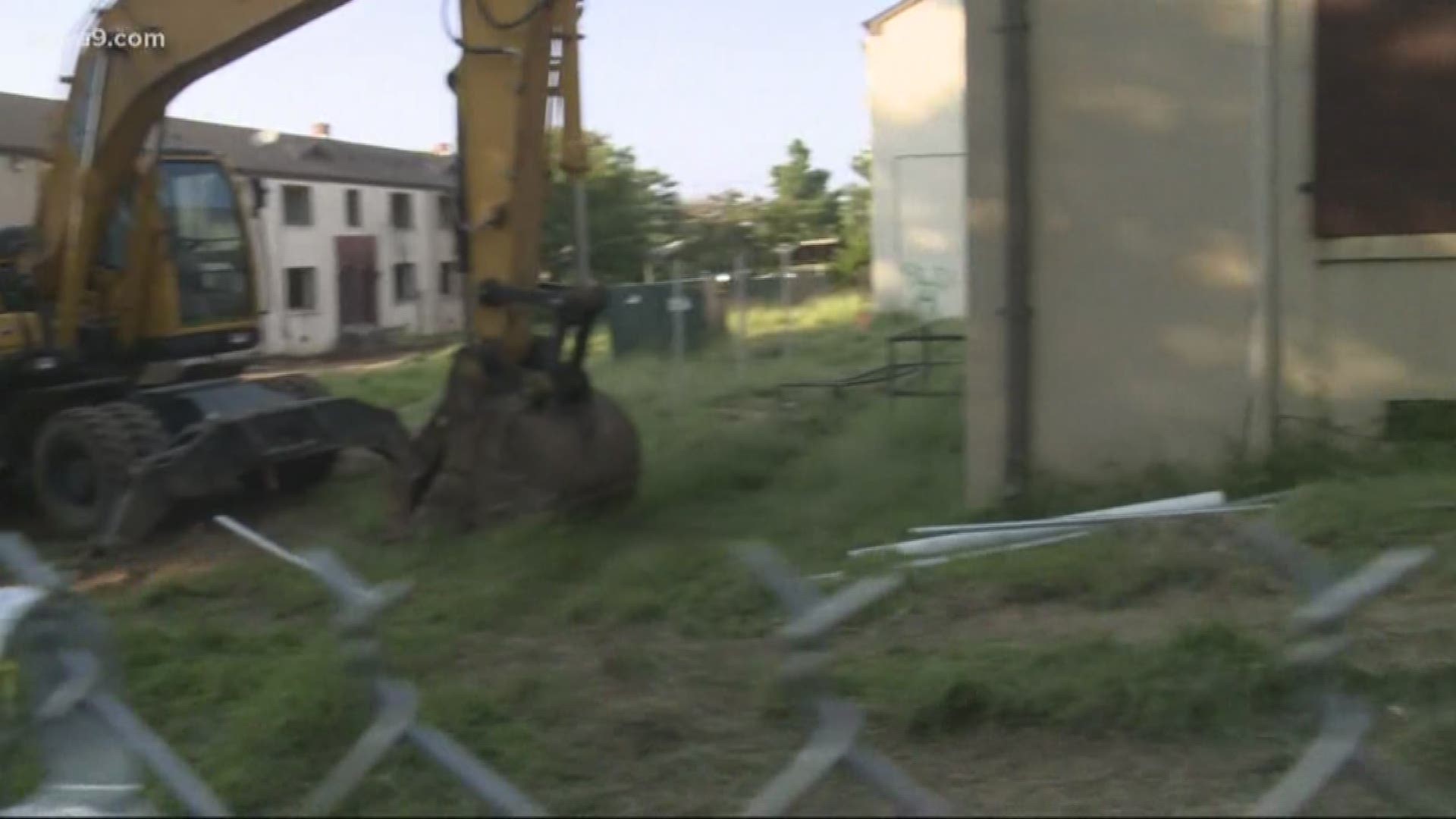Washington, D.C., like many major cities, is revamping its public housing. The city launched a program called New Communities to help residents stay in their homes during development.
But 14 years after the controversial program first launched, the city is still trying to balance the promise of New Communities versus the reality.
"It's been a year almost, and I'm still looking forward to returning as soon as possible," Detrice Belt said from her Deanwood apartment in Northeast.
Belt is the former Tenant Association President of Barry Farm. She is hopeful, but realistic. She knows returning will take years. The city cleared out the housing project for the promise of new development that never passed the demolition stage.
"By the beginning of next year, we were planning to have the first new housing come back to Barry Farm, but we've been stymied by these persistent legal challenges," Angie Rodgers, with the Office of the Deputy Mayor of planning and Economic Development, said.
Residents of Barry Farm wanted the city to build in place and took their issues to court. Now, in another delay, the existing buildings were just granted historic status.
"We want to get people to better quality housing, but how soon can we get them back," Rodgers said. She runs D.C.'s revamped New Communities program.
The initiative began in 2005 and has faced criticism for not fulfilling its promise of not displacing residents.
"But developments like this help us accomplish that by moving a portion of the households to another site in their neighborhoods so we can start development at some portion of Lincoln Heights and Richardson Dwellings," Rodgers said, referring to the Residence at Hayes in Northeast.
Eventually, residents from those two public housing projects will move just a few minutes away to the Residence at Hayes which consists of 150 affordable units (about $55,000 annually for a family of four) with 50 set aside for low income (about $30,000).
But Belt isn't buying into the program, because while she and her neighbors were promised a place in the new Barry Farm, by the time that happens it may be too late.
"It’s hard to track down families," she said, "Phone numbers have changed, people have died, life is happening."
The city is also developing two other affordable and low-income properties in the Lincoln Heights/Nannie Helen Burroughs area of Northeast.

